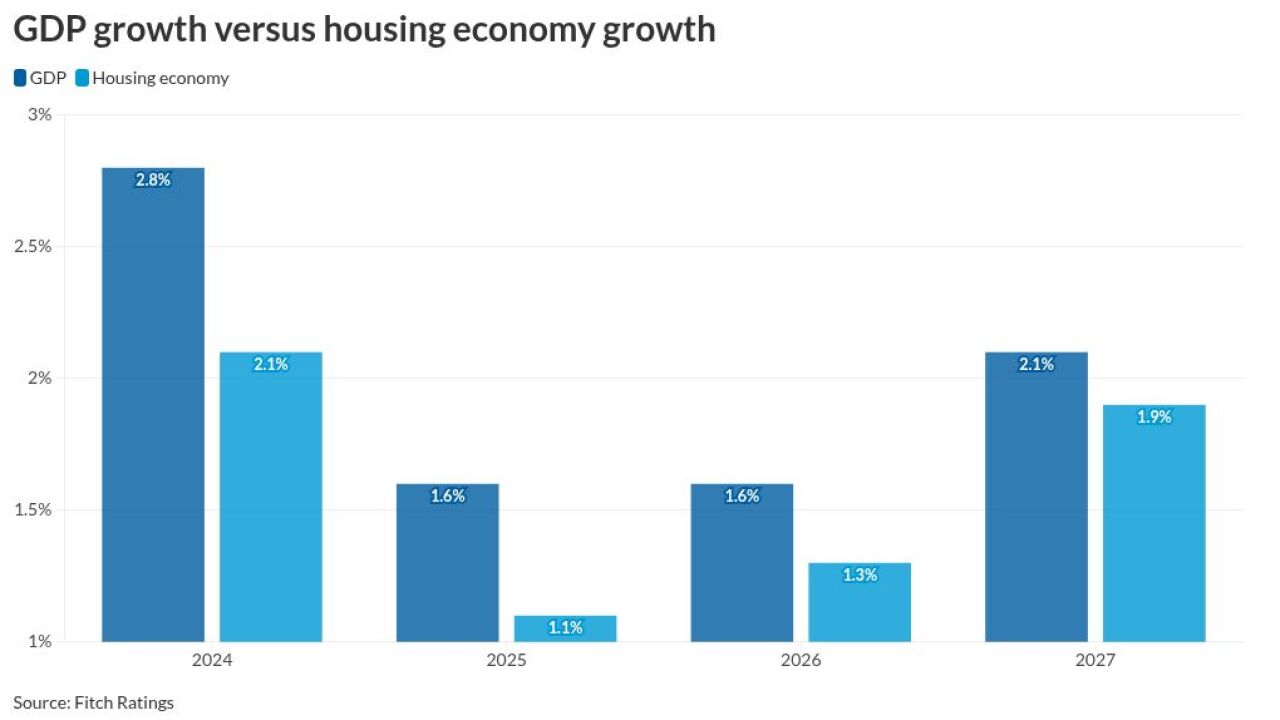Recently Fair Isaac Corp released a study claiming that its FICO 10T outpaces the VantageScore product when it comes to assessing the creditworthiness of American families looking to buy a home. As readers will recall, this comes on the heels of FHFA Director William
Today, Fair Isaac Classic has over a 90% market share in the mortgage space, and has raised its baseline pricing here by 700% in less than 3 years, a feat rarely seen in American commerce outside of the pharmaceutical industry.
The Community Home Lenders of America has for some time been
On the question of the study itself, CHLA does not know whether Fair Isaac's claims have merit. A Fair Isaac
During a CNBC interview on July 31, the Fair Isaac CEO said that "FICO 10T is THE best score in the industry today."
But here is our question: while Fair Isaac believes that its 10T product is materially better than VantageScore's, and knows full well that its 10T is materially better than its own FICO "Classic" product, what on earth has prevented Fair Isaac from implementing 10T in the US mortgage market many years ago?
Fair Isaac also says that 10T is a next-generation product that "will drive significantly more loan approvals for prospective borrowers." So here's another question: if this product of theirs could have safely qualified more Americans to escape rapidly-increasing rents in years past, why did the corporation not do everything it could to rush it to market and help these struggling American families? What held them back? Most lenders today still use the FICO Classic product, and indeed 10T is available, but still is quite limited in the general US mortgage marketplace.
Another reasonable question, given the recent Fair Isaac ramping up of its Washington lobbying campaign to blunt the FHFA announcement: why didn't Fair Isaac invest the same amount of lobby power in the past years to get 10T adopted more quickly by the conforming marketplace? Why didn't they move heaven and earth to get this valuable product to the 40-50% of the US mortgage market financed annually by the GSEs?
Basic economic theory of monopolies is that they harm markets in two major ways. First, monopolies have the absolute power to set a product price, bypassing normal healthy economic price discovery among many suppliers and many customers, and therefore extracting "rents" from these customers. But there is a second, equally disturbing aspect of monopolies: their very existence inhibits innovation, depriving the marketplace of superior products that would improve customers' lives and well-being.
Fair Isaac published this July report in a bid to diminish VantageScore's product. But unwittingly, it has instead made clear that it knows its own current product is outdated, inadequate, and has been keeping creditworthy families from being homeowners. The report and subsequent CEO comments have simply proven that Fair Isaac knows its monopoly power has been hurting people.
And the fact that it has raised prices on this outdated, harmful product by 700% in less than three years, and is about to raise prices again this Fall, should concern each and every Washington policymaker, and yes, those organizations charged with protecting young American families from abusive monopolies.





